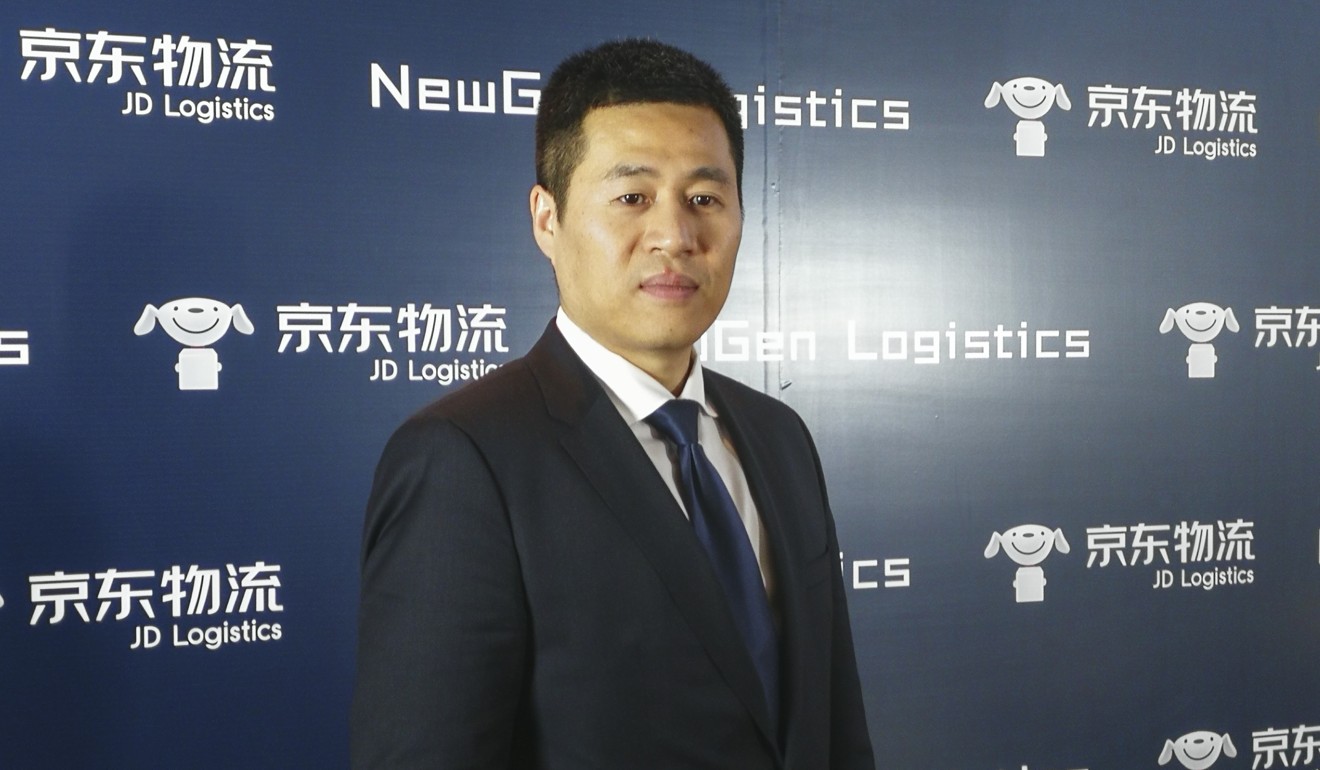
Chinese online retailer JD.com explores move into aviation to improve logistics
The firm is investing heavily in automation to cut costs and boost efficiency
Online retailer JD.com is exploring plans to enter the aviation sector after China’s largest private courier SF Express last month bought two Boeing 747-400 freighters.
“I can only say aviation will be important [for logistics] in the future,” Bill Fu Bing, head of logistics planning and development at JD.com, told reporters at a global logistics forum in Beijing. “Do we need to buy our own planes or build our own airports? This is something we are looking at."
The Beijing-based e-commerce firm created a separate logistics unit, JD Logistics, in April.

China’s tech firms including JD.com have been strengthening their investments in automation and logistics to cut costs and lift efficiency in areas such as warehousing and delivery.
JD.com has built its own airport for drones that are in operation but has yet to invest in airplanes.
SF Express, the Shenzhen-based delivery company, said earlier this year that it would spend 2.7 billion yuan to buy aircraft and recruit pilots.
As part of its investments in automation, JD.com last week announced a 10 billion yuan self-driving project in Changsha. The logistics industry will be the first to implement self-driving and benefit from autonomous vehicles because it would make the delivery process simpler and faster, according to Fu.
“Technology is not the biggest problem now,” said Fu. “The biggest problem is whether there is corresponding policy from the government [to encourage the use]. If we look at the big picture, I think in the next three to five years, we’ll see a sea of change.”

